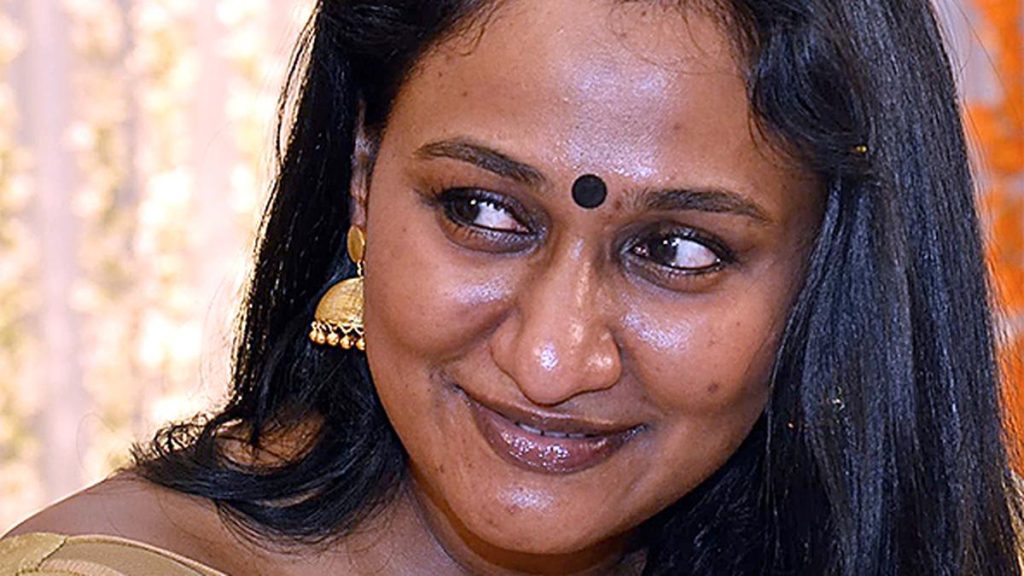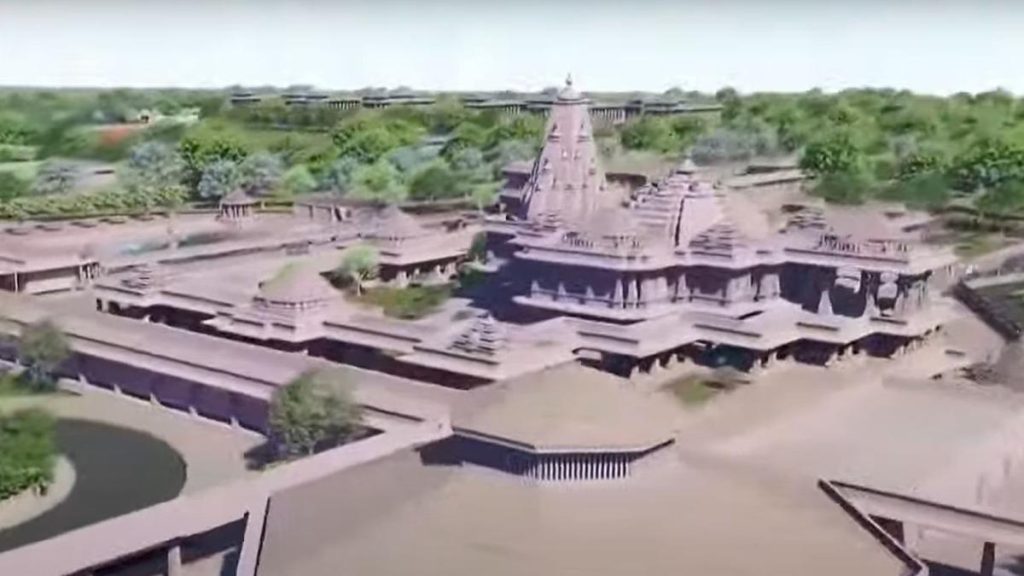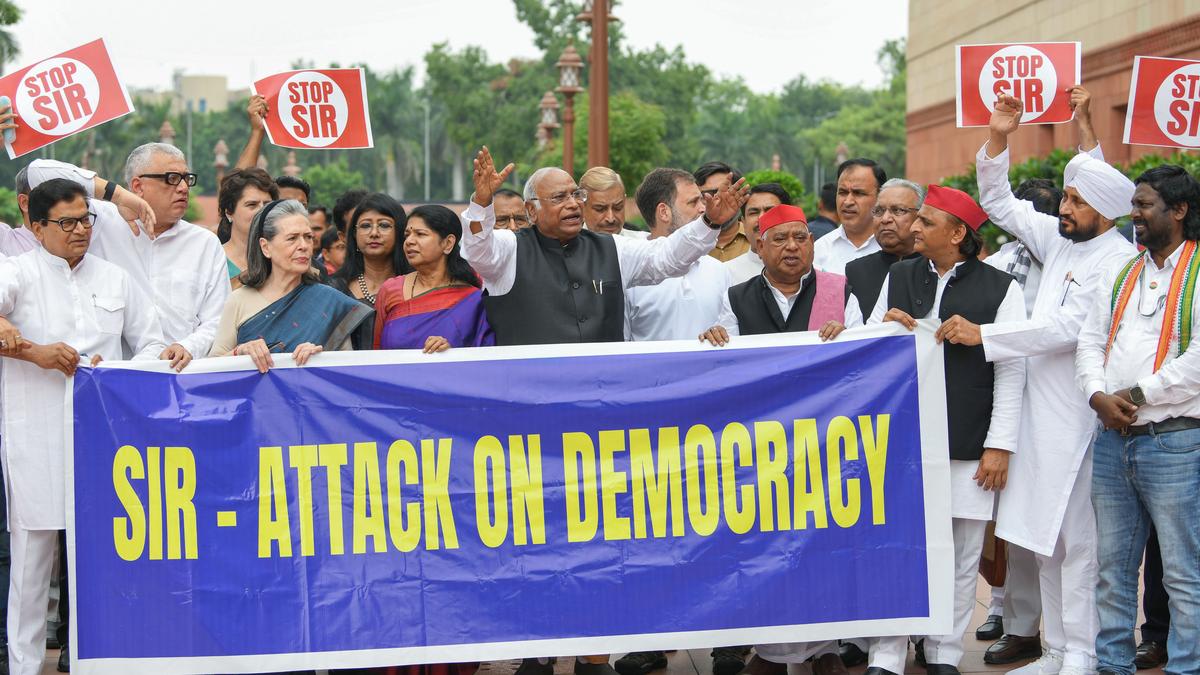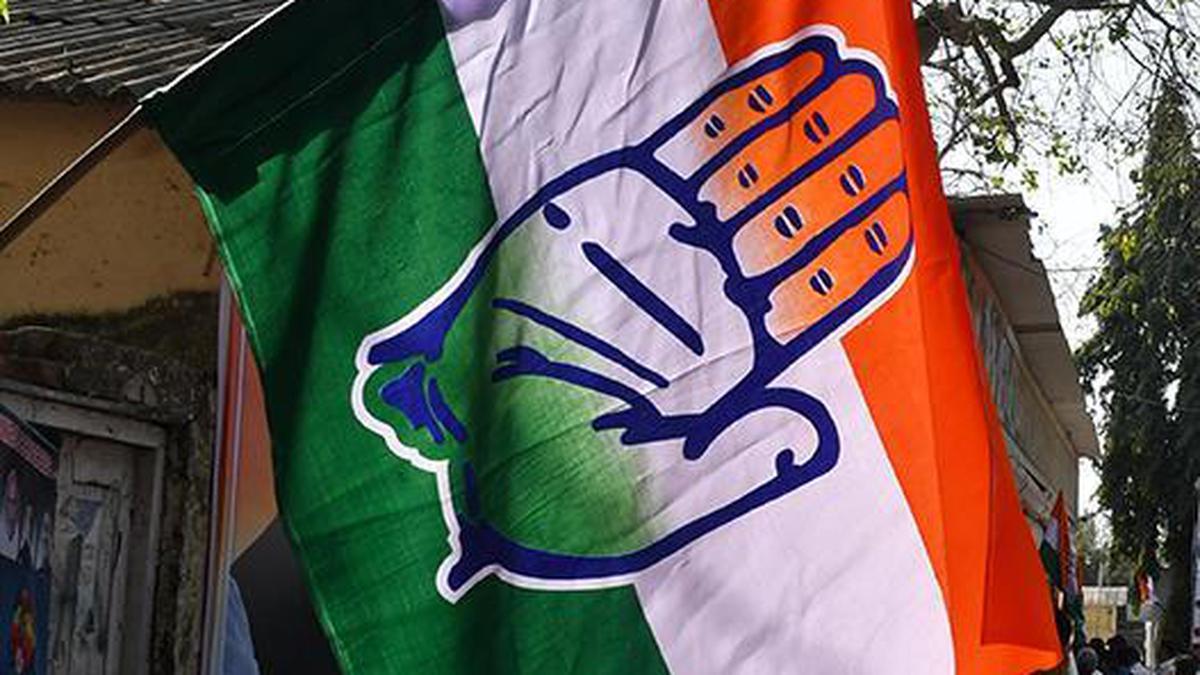Now Reading: Belagavi Co-op Bank Polls Spark Public Interest Equal to General Elections
-
01
Belagavi Co-op Bank Polls Spark Public Interest Equal to General Elections
Belagavi Co-op Bank Polls Spark Public Interest Equal to General Elections
Quick Summary
- Elections for Belagavi District Central Cooperative (BDCC) Bank are creating meaningful political interest akin to general elections.
- BDCC Bank, founded in 1919, has an annual turnover of ₹8,000 crore and operates 100 branches across the district. It supports over 4.3 lakh farmers wiht loans amounting to ₹2,151 crore.
- It has extended loans of ₹1,200 crore to sugar factories and ₹77.97 crore to Self-Help Groups (10,538 in total). An oxygen plant was set up during COVID at a cost of ₹2.5 crore.
- The bank’s leadership structure includes a president, vice-president, CEO, and consultant banking expert; the board comprises 18 directors.
- A leadership change occurred recently due to internal rebellion against Ramesh Katti; he was replaced by A.M. Kulgude as president.
- Two major factions-Jarkiholi-Jolle group vs. Ramesh Katti group-are contesting vigorously; their alliances have led to unusual partnerships between customary political rivals like Jarkiholi brothers and Jolle family.
- Key candidates include former MLAs Mahantesh Dodagoudar and Arvind Patil; channaraj Hattiholi is also speculated as an aspirant but hasn’t confirmed group allegiance yet.
- Lingayat caste politics remain prominent in determining alignments within the bank’s leadership elections.
Indian Opinion analysis
The BDCC Bank elections highlight the intersection between cooperative governance and larger political dynamics in Karnataka. The active involvement of politicians underscores how these financial institutions serve as important hubs for regional influence beyond simple economic functions. With its sizable financial footprint supporting farmers and industries alike-as evidenced by large-scale loan disbursements-the bank holds critical implications for rural credit availability.The emergence of alliances cutting across traditional rivalries speaks volumes about pragmatic politics at play during cooperative elections that bypass party lines for shared local interests-an example being balachandra Jarkiholi’s call for minimizing voting through uncontested appointments aimed at stability.
The reassertion of caste affiliations adds complexity: while Lingayat domination is historically relevant here, shifts may reshape how communities perceive power-sharing arrangements within institutional spaces like BDCC Bank moving forward.
Read More: Link























